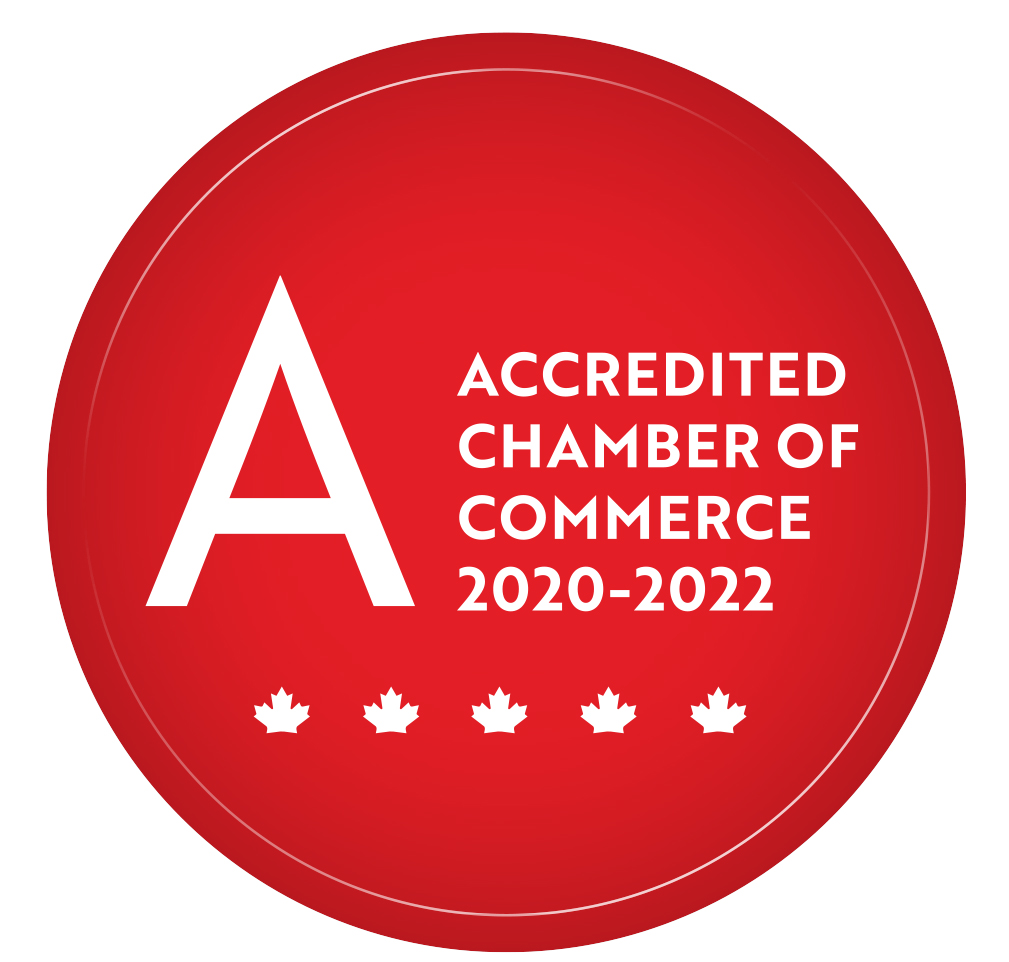Government investing $11.9 billion in infrastructure over five years in Phase 1 of its plan
Budget 2016 contained the details of Phase 1 of its infrastructure investment plan, which will involve $11.9 billion in spending for three priority areas:
Public transit ($3.4 billion over three years)
Water, wastewater, and green infrastructure projects ($5 billion over five years)
Social infrastructure ($3.4 billion over five years)
Phase 2 is set to begin in two years and will invest in: a more modern, cleaner economy; a more inclusive society; and an economy better positioned to capitalize on the potential of global trade.
In addition, the federal government is investing $3.4 billion over the next five years to maintain and upgrade federal infrastructure assets, including trade-enabling assets such as airports and border infrastructure. but delays investments in infrastructure that will spur “global trade” to Phase 2 of their infrastructure plan, which begins in two years from now.
OCC Response:
The OCC is encouraged by the government’s commitment to infrastructure investment, and in particular in trade-enabling projects–a key priority of our pre-budget submission. However, the government is also delaying investments in infrastructure that will spur “global trade” to Phase 2 of their infrastructure plan, which begins in two years from now. We emphasize that infrastructure investments must continue to be directed strategically towards projects that grow our economy.
Federal government investing in more broadband access
The federal government is investing $500 million over five years in a new program to increase high-speed broadband service in rural and remote communities. Budget 2016 proposes to deliver on the Government’s priority of increasing
OCC Response:
In our pre-budget submission, the OCC urged the federal government to move beyond its Connecting Canadians initiative and invest in critical broadband infrastructure. The government’s announcement is a critical step in improving access to high-speed broadband – a key component of economic competitiveness.
Employment Insurance (EI) System reform
The federal government has committed to a series of reforms to the Employment Insurance (EI) system designed to ensure that benefits help those in need. The Budget proposes to direct $21 million over the next three years to promote compliance with the new program rules. These reforms include reducing the EI waiting period from two weeks to one week.
OCC Response:
While the OCC commends the federal government for its efforts to make the EI system more accessible to job seekers, we are concerned that the Budget fails to address regional discrepancies in the EI system which place a disproportionate burden on Ontario employers and employees.
No update provided on the status of the Trans-Pacific Partnership
The federal government has made no new commitments regarding the status of the TPP, stating that it continues to consult Canadians on the merits of ratifying the trade agreement.
OCC Response:
The OCC has previously called for the federal government to use the TPP as an opportunity to develop a targeted and coherent intergovernmental strategy for Ontario’s manufacturing sector. We hope that the federal government continues to engage with members of the business community as it moves forward with further consultations.
Government delaying Small Business Tax Credit
In the budget, the federal government indicates that the tax rate on businesses earning less than $500,000 a year will remain at 10.5 percent despite an election promise to reduce the tax rate over the next three years.
OCC Response:
The OCC hopes that the federal government will move to fulfill a campaign promise to reduce the small-business tax rate from 11 per cent to nine per cent sooner rather than later. It is important that the government acts on the best available evidence as it implements a reduction to the small business tax rate. We encourage the government to consult with the business community when designing the scheduled small business tax cut.
Investing to market Canada as a top tourism destination
The federal government is investing $50 million over the next two years in Destination Canada (formerly the Canadian Tourism Commission) , Canada’s national tourism marketing organization, to market Canada as a top tourism destination in the global marketplace – particularly in key markets such as the United States and Canada.
OCC Response:
The OCC is pleased that the government has implemented our recommendation to increase funding to Destination Canada. Ontario’s tourism industry employs nearly 200,000 Ontarians and generates nearly $22 billion in receipts every year. This investment will enhance the competitiveness of the Ontario as a tourism destination.
Government committed to improving labour market information to bridge the skills gap, but no steps taken on immigration
The federal government has committed to improving access to timely, reliable, and comprehensive labour market information to ensure that all Canadians have access to a broad range of job opportunities.
OCC Response:
The OCC commends the government for its commitment to improve access to labour market information. This is a critical first step towards bridging the costly skills gap in Ontario. However, the OCC encourages the federal government to leverage existing immigration programs to enhance the labour market integration of immigrants. In particular, we encourage the federal government to ensure that employers are aware of the opportunities provided by the Express Entry system.
The post 2016 Federal Budget: OCC Responses appeared first on Ontario Chamber of Commerce.













